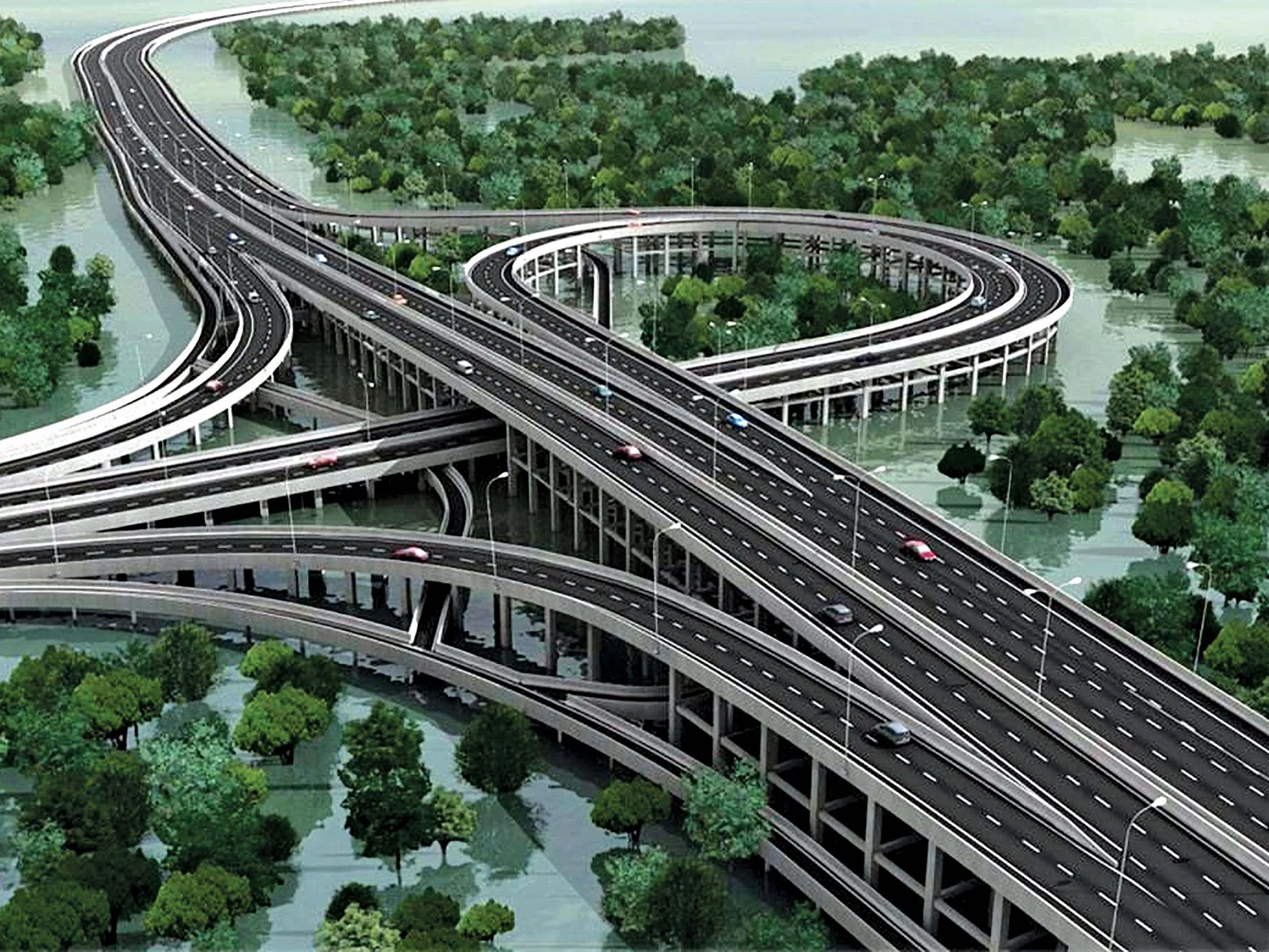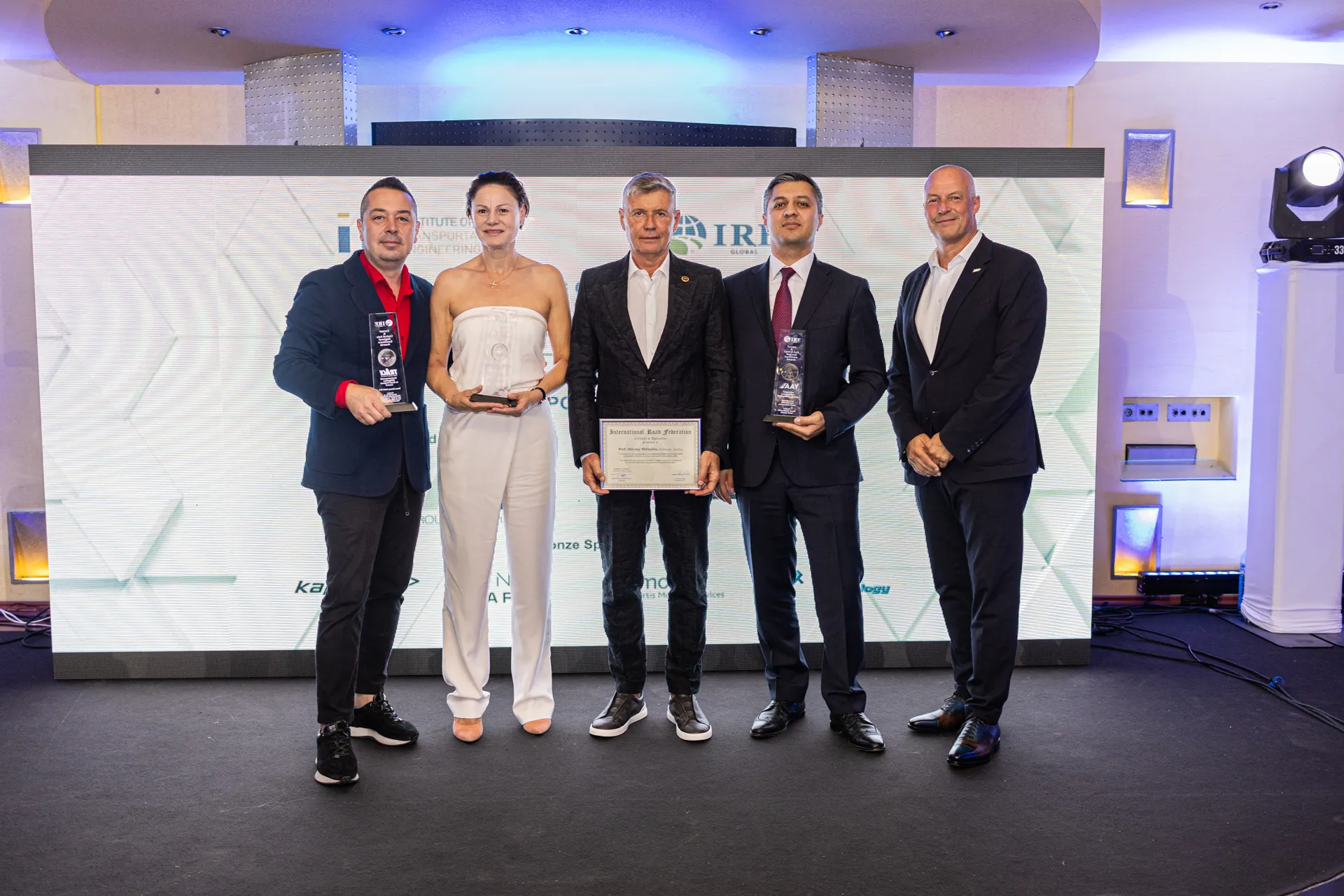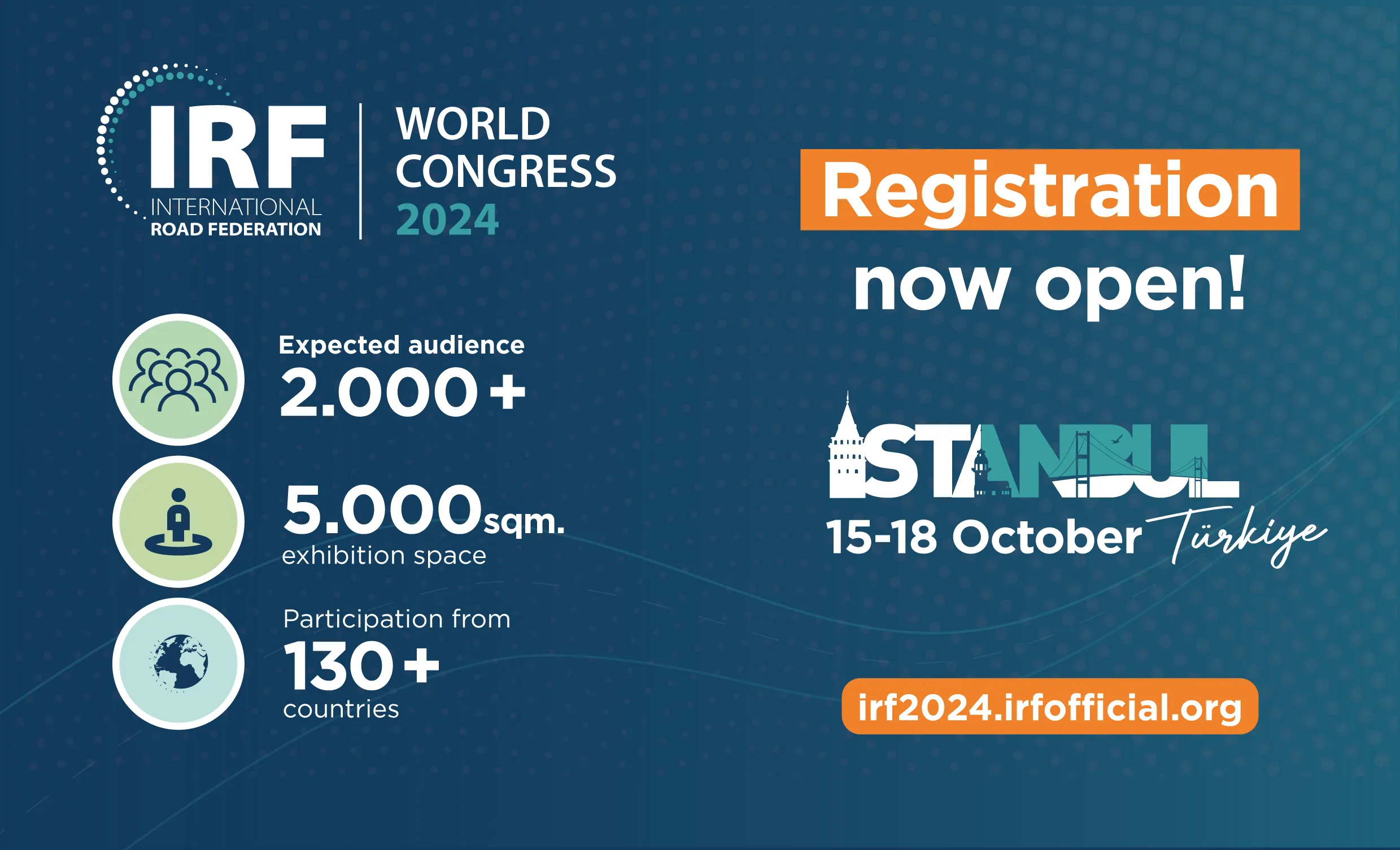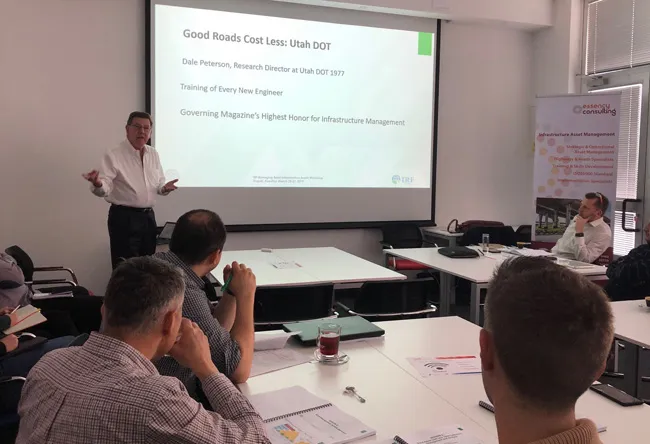A personal invitation from director general Waskito Pandu of the Ministry of Public Works, Indonesia Indonesia’s Master Plan for Economic Development to 2025, which aims to propel the country into the 10 major economies in the world by 2025, calls for a national connectivity vision captured by a simple slogan ‘Locally Integrated. Globally Connected’.
June 30, 2014
Read time: 2 mins

Indonesia’s Master Plan for Economic Development to 2025, which aims to propel the country into the 10 major economies in the world by 2025, calls for a national connectivity vision captured by a simple slogan ‘Locally Integrated. Globally Connected’.
‘Locally Integrated’ is defined as a connectivity system that supports an effective and efficient movement of goods and services within the country. The integration of transportation nodes, intermodal connectivity and communication networks are important elements that contribute to strengthening local and national connectivity.
At the same time, Indonesia’s national connectivity is part of a broader regional framework. The strengthening of national connectivity has to consider, and build on, Indonesia’s growing integration with its regional trade partners.
An efficient interconnected highway system is an essential part of this agenda. It is estimated that the Asian Highway network connects close to one billion people or 50% of the Total urban population in the signatory countries to the Intergovernmental Agreement on the Asian Highway Network.
The relevance of the network, however, depends primarily on the quality of its roads. Considerable investments, combined with new project and asset management practices are needed to bring the region’s road networks to standards that provide maximum economic and social returns.
It is in this sense that the 1st713 International Road Federation Asia Regional Congress & Exhibition is a timely and useful initiative for transport policymakers and practitioners throughout the region. On behalf of Ministry of Public Works, Indonesia, I am pleased to offer our full support to the Congress, and invite you to take part in this landmark event.
1st IRF Asia Regional Congress November 17–19, 2014 | Bali, Indonesia
‘Locally Integrated’ is defined as a connectivity system that supports an effective and efficient movement of goods and services within the country. The integration of transportation nodes, intermodal connectivity and communication networks are important elements that contribute to strengthening local and national connectivity.
At the same time, Indonesia’s national connectivity is part of a broader regional framework. The strengthening of national connectivity has to consider, and build on, Indonesia’s growing integration with its regional trade partners.
An efficient interconnected highway system is an essential part of this agenda. It is estimated that the Asian Highway network connects close to one billion people or 50% of the Total urban population in the signatory countries to the Intergovernmental Agreement on the Asian Highway Network.
The relevance of the network, however, depends primarily on the quality of its roads. Considerable investments, combined with new project and asset management practices are needed to bring the region’s road networks to standards that provide maximum economic and social returns.
It is in this sense that the 1st
1st IRF Asia Regional Congress November 17–19, 2014 | Bali, Indonesia
- 1,000 local & international delegates
- 7 thematic tracks
- Ministerial, executive and technical sessions
- Innovation forum & live technical demonstrations
- Network with key decision-makers
More information http://asiarc.irfnews.org








